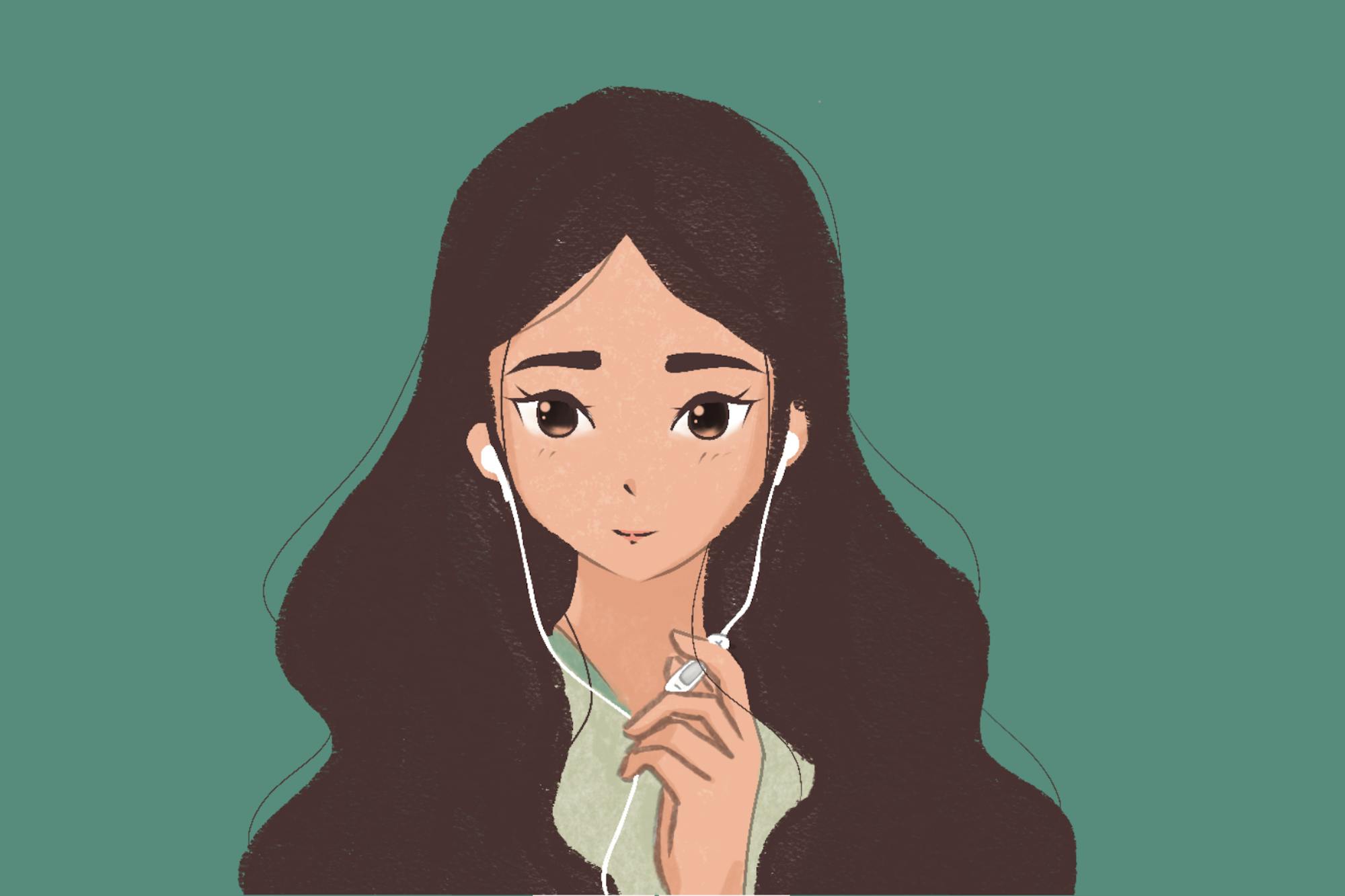It’s week five of spring 2022, and for many Dartmouth students, that means either you’re drowning in midterms, you haven’t breathed through your nose in weeks or you’ve become that person who wears shorts in 50-degree weather. As we navigate the fast-paced 10-week term, we’re told that we need to take some time for ourselves — “self-care,” we all call it. But when we are facing so much pressure to make the most of our opportunities at college, how do we find the time to relax and prioritize ourselves? What does “self-care” look like for Dartmouth students, and is it even possible to find time to relax and de-stress amongst the chaos of the term?
In answering these questions, I asked a few students about what self-care means to them, and how they incorporate self-care into their busy routines.
Most students I spoke to agreed that their idea of self-care involves finding a reprieve from the stresses of college life. According to Lauren Goyette ’23, self-care means “taking time to separate yourself from all the responsibilities that you have.” However, she admitted that finding time for self-care is often difficult for her.
“Since it’s so busy, sometimes I just have to mentally schedule that time and put it aside. I pretend it’s almost like office hours that I have to go to,” Goyette said.
Dartmouth Student Mental Health Union is currently facilitating a 15-day “wellness challenge” which is designed to encourage students to take the time for self-care, according to MHU co-president Brian Kim ’23. The challenge motivates students to complete one “mental health activity” per day throughout the duration of the event, and these events can be anything from drinking water to spending time in the sun to getting a good night’s rest.
Kim highlighted that there are many different ways for students to engage in self-care; one of his friends does origami to relax, and he said that others use sports and physical activity. This is Goyette’s preferred method of self-care — as a member of the club boxing team, she has found that exercising is a good way for her to take a break from stressors.
“I think it really helps with my mental health — I really enjoy boxing. I feel like it’s a really good way to get my stress out and just sort of reconnect with myself and forget about all the stressful things that are going on in my life,” Goyette said.
For some students, like Alec Stern ’25, an act of self-care can also be a demanding endeavor. Stern said that he considers his participation in the “daily dip” challenge a form of self-care, and described the experience as “vivacious.”
“It’s a mental game to jump into cold water because you have to do it every day. It’s a routine. When it’s cold and dark and you don’t want to do it, and then you’re telling your brain, ‘I’m doing this.’ It’s a fight, and it makes you more resilient as a person,” Stern said.
On the other hand, Annie Politi ’23 relishes in self-care activities that are comparatively more relaxing, such as meditation and yoga.
“Meditation has been really important in my life,” Politi said. “I started out just doing five minutes a day, and it was really hard at first. I try to meditate for about 30 minutes every morning.”
Politi has found these activities to be “transformative,” and she expressed that her mood and focus generally improve after completing them. She also explained that music has become an important form of self-care for her. Politi is part of music groups on campus, such as the Dodecaphonics and the student band Read Receipts, but she also finds joy in making music by herself.
“I’ll go to a Hop practice room, and I’ll just sing,” Politi said. “I just try to make music in a very non-judgmental way. No matter if I sound ‘good’ or not, it’s just about having fun and feeling happy.”
Kim explained that these small self-care efforts can actually have important effects on students.
“[Self-care] often helps you do much bigger activities in your lives. It helps build that confidence, that momentum that you need,” he said.
When it comes to self-care, we may feel like we’re wasting our time. But these experiences — jumping in the river, making a radio show, meditating, sitting in the sun — are valuable because they give us a chance to appreciate the present and to remember what’s really important. We don’t need to only engage in activities that we can put on a resume. There is joy and solace to be found outside the academic sphere, and even when deadlines are looming, time for self-care can be enjoyed guilt-free.




